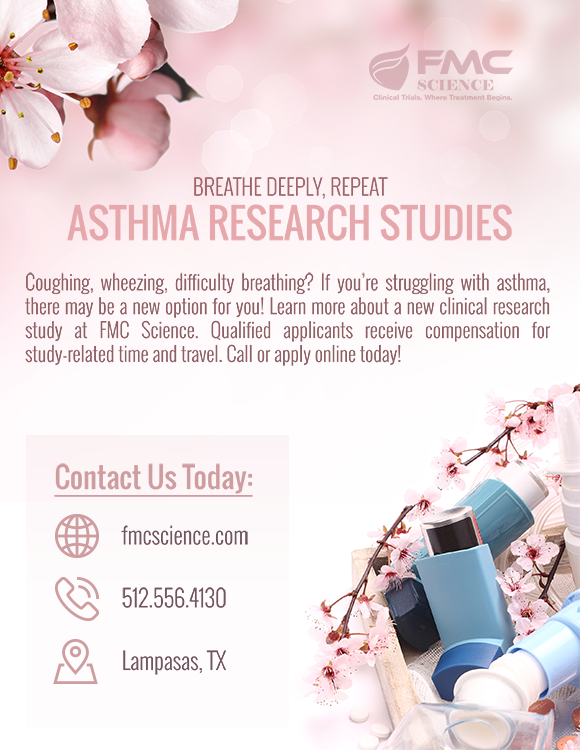Allergies and asthma are often times connected. They are two of the most commonly occurring, chronic conditions in the U.S. Asthma is a respiratory condition in which your airways narrow, making breathing difficult. Allergies exist in many different forms, but a reaction occurs when the immune system reacts abnormally to a foreign substance.
People with asthma often experience coughing, wheezing, shortness of breath, and chest tightness. Their airways are always inflamed, making it difficult for air to move in and out of the lungs. Airways become even more inflamed and restricted when something triggers symptoms. Examples of common triggers include: tobacco smoke, outdoor air pollution, pets, mold, and grass.
Those suffering with allergies typically experience symptoms like: sneezing, itchy or watery eyes, runny nose, scratchy throat, and hives or rash.
While many people experience allergies without asthma, or asthma without allergies, did you know that allergies can actually trigger asthma? This is called allergic asthma. It affects about 60% of people who suffer from asthma. In those with allergic asthma, the allergen triggers a response in the immune system that ultimately causes the passages of the airways to become inflamed and swollen.
While asthma and allergies certainly share a connection, those suffering with one or both conditions need to remember how important it is to learn their triggers and know that treatment is not a one-size-fits-all. If you or someone you love is looking for new options when it comes to treating their asthma symptoms, new research studies are currently enrolling at FMC Science! Study participants are compensated for time and travel expense and receive care from board-certified physicians. To learn more about this opportunity, click HERE!



